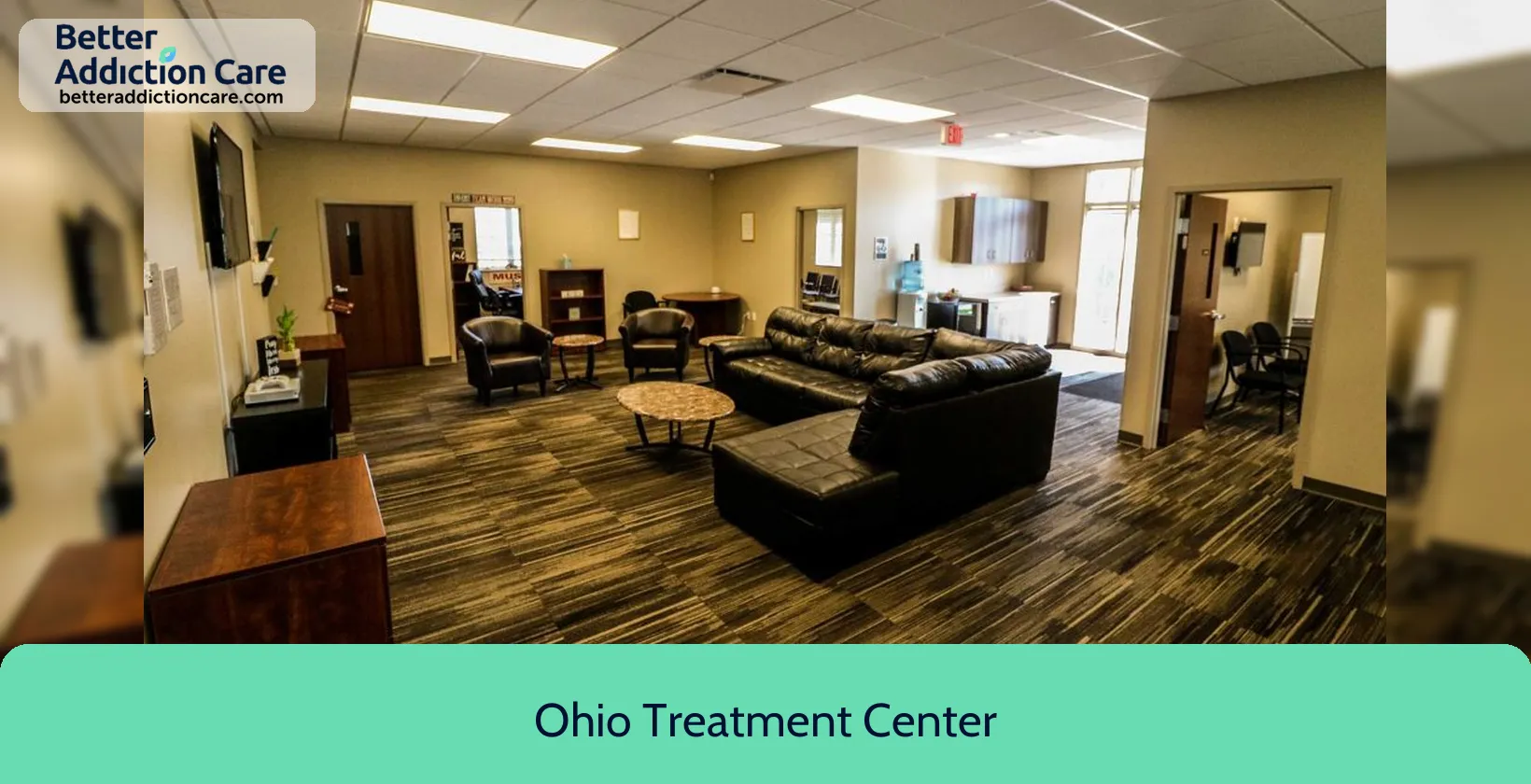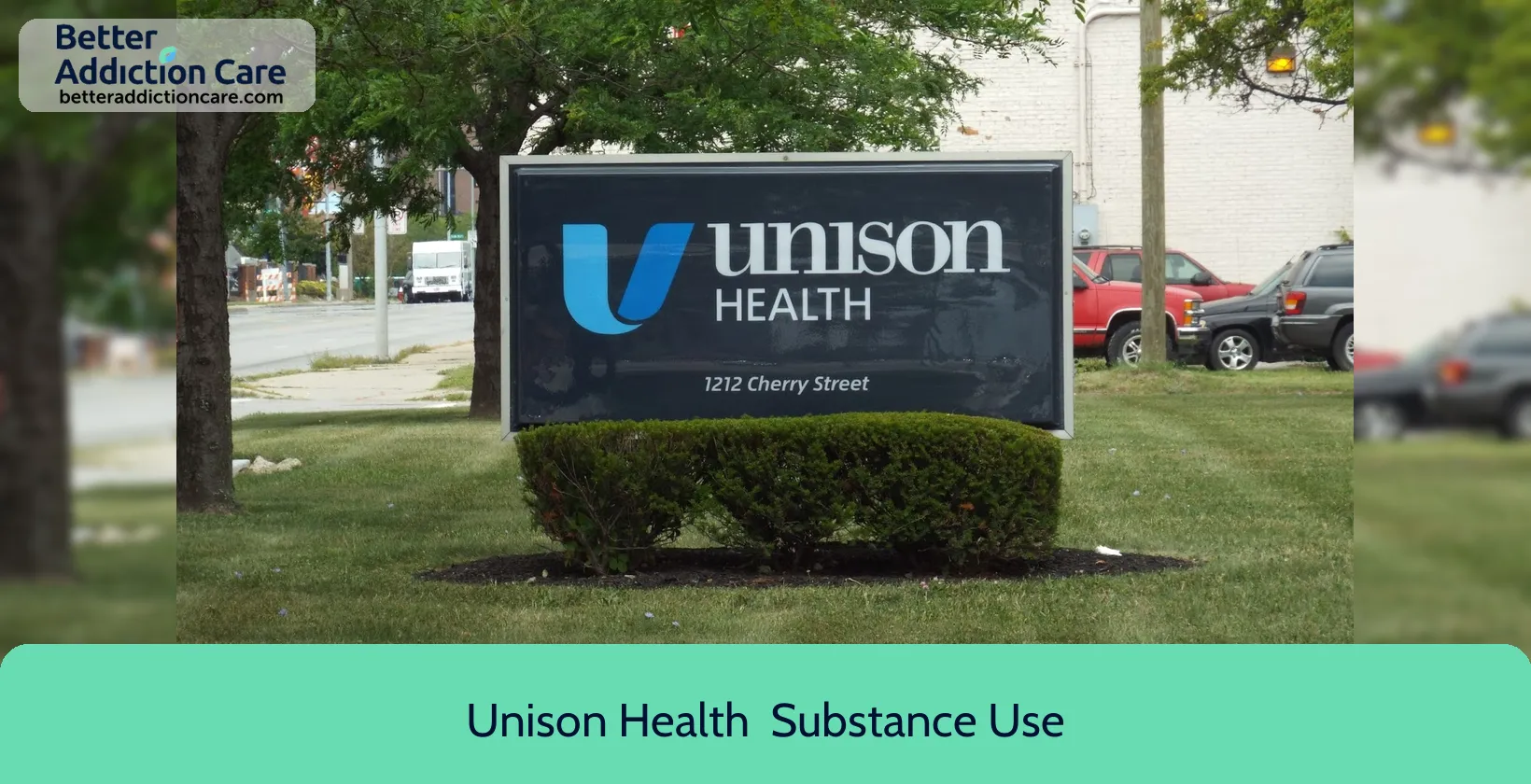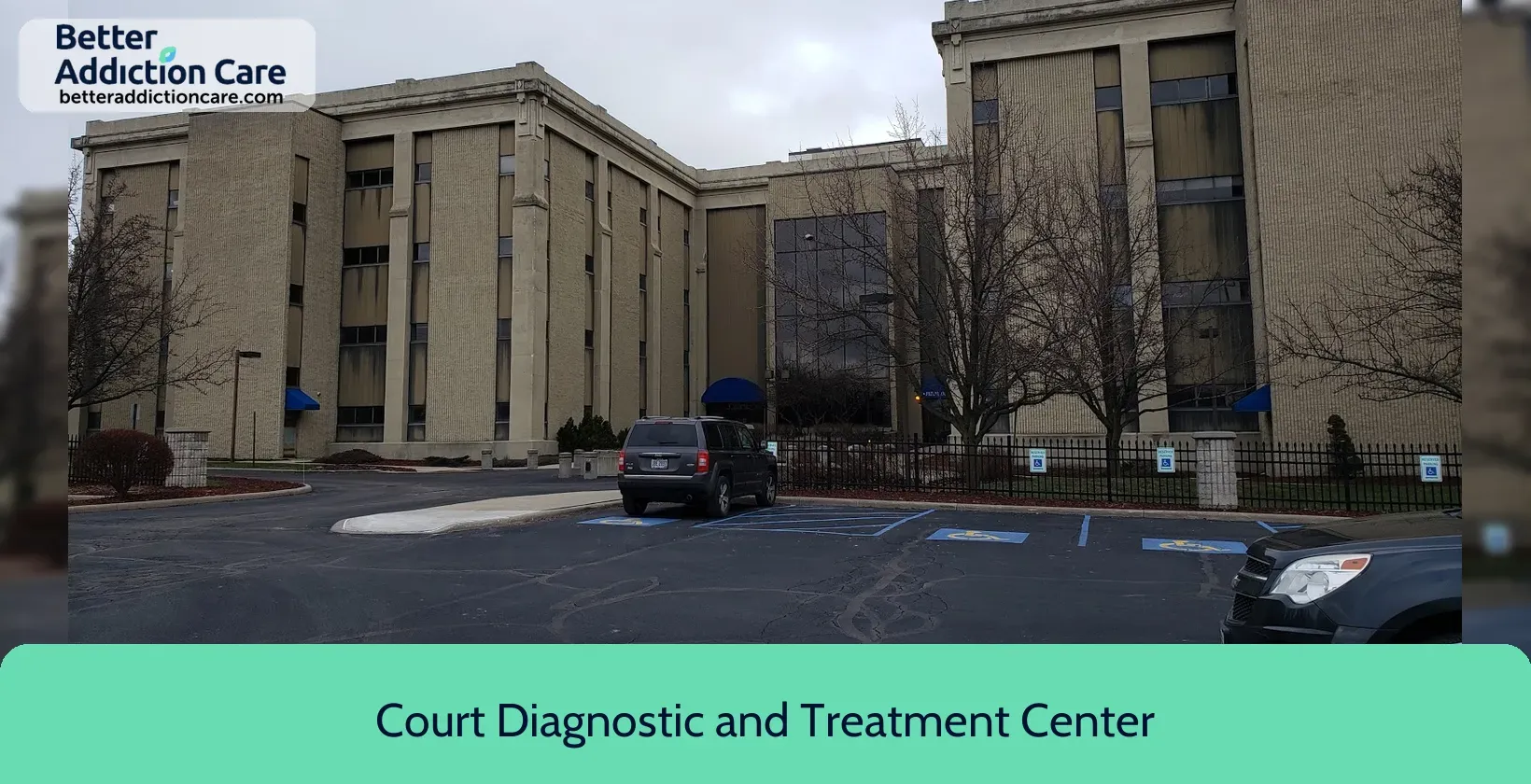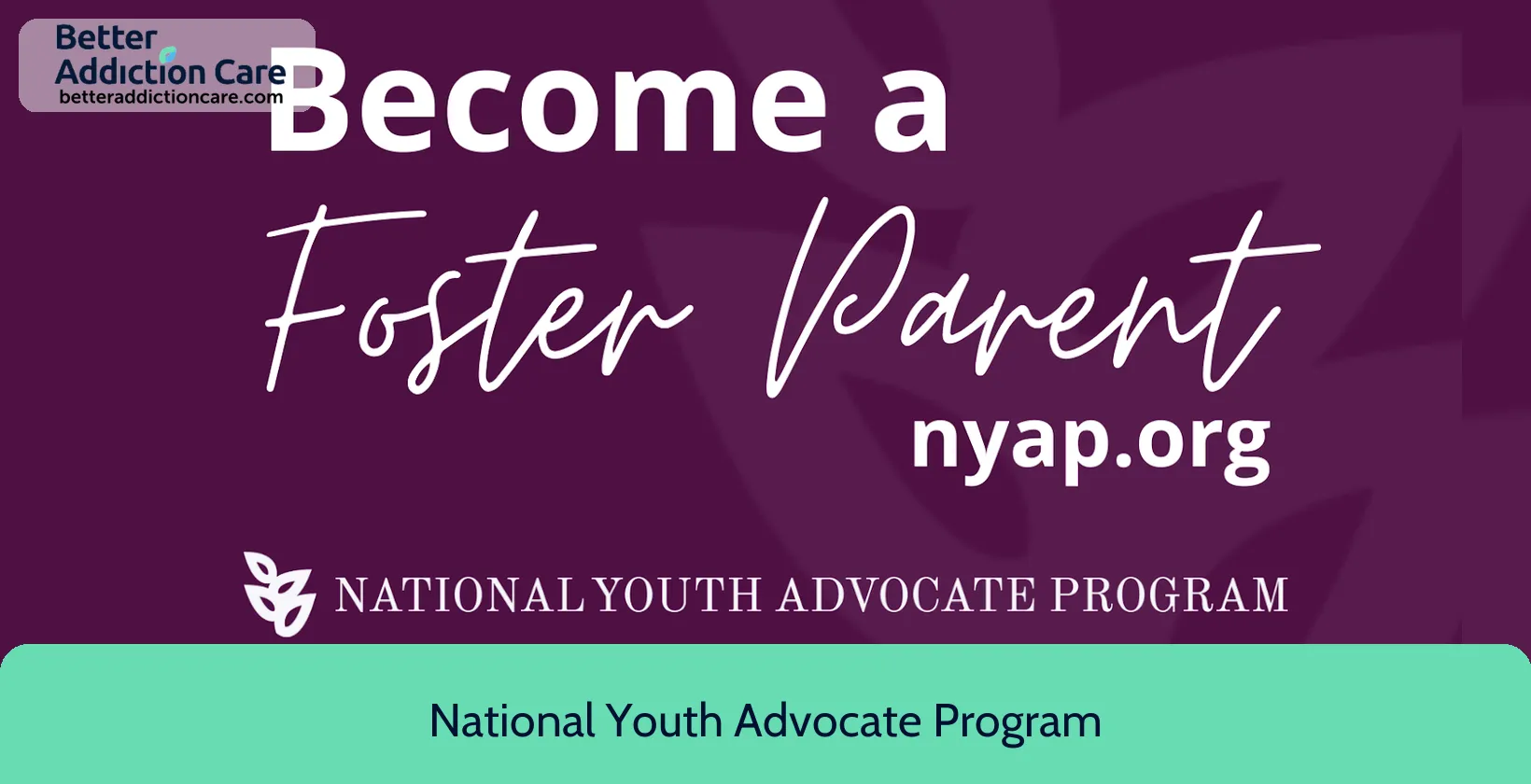Harbor 6629 West Central Avenue

Overview
Harbor 6629 West Central Avenue is a mental health treatment center for people seeking treatment near Lucas County. As part of their treatment modalities for recovery, Harbor 6629 West Central Avenue provides couples/family therapy, group counseling, and cognitive behavioral therapy during treatment. Harbor 6629 West Central Avenue is located in Toledo, Ohio, accepting cash or self-payment for treatment.
Harbor 6629 West Central Avenue at a Glance
Payment Options
- Cash or self-payment
- Medicaid
- Private health insurance
- Federal military insurance (e.g., TRICARE)
- State mental health agency (or equivalent) funds
Assessments
- Screening for tobacco use
- Comprehensive mental health assessment
Age Groups
- Children/adolescents
- Young adults
Ancillary Services
- Case management service
- Psychosocial rehabilitation services
Highlights About Harbor 6629 West Central Avenue
6.68/10
With an overall rating of 6.68/10, this facility has following balanced range of services. Alcohol Rehabilitation: 8.00/10, Drug Rehab and Detox: 6.00/10, Insurance and Payments: 6.00/10, Treatment Options: 6.73/10.-
Alcohol Rehabilitation 8.00
-
Treatment Options 6.73
-
Drug Rehab and Detox 6.00
-
Insurance and Payments 6.00
Accreditations
Commission on Accreditation of Rehabilitation Facilities (CARF):

CARF accreditation is a prestigious recognition for rehabilitation and human service organizations. It signifies that an organization meets high-quality standards and is committed to providing top-level care. CARF conducts rigorous evaluations to ensure compliance, enhancing an organization's credibility and reassuring clients and funders of exceptional service quality. This accreditation promotes excellence and continual improvement in the rehabilitation and human services field.
Treatment At Harbor 6629 West Central Avenue
Treatment Conditions
- Alcoholism
- Mental health treatment
Care Levels
- Outpatient
Treatment Modalities
- Couples/family therapy
- Group counseling
- Cognitive behavioral therapy
- Dialectical behavior therapy
- Telemedicine/telehealth therapy
Ancillary Services
Languages
- Sign language services for the deaf and hard of hearing
Special Programs
- Veterans
- Active duty military
- Members of military families
- Clients with HIV or AIDS
- Children/adolescents with serious emotional disturbance (SED)
Get Help Now
Common Questions About Harbor 6629 West Central Avenue
Contact Information
Other Facilities in Toledo

7.03

7.79

6.74

6.71

7.41

7.36

6.71

6.71
DISCLAIMER: The facility name, logo and brand are the property and registered trademarks of National Youth Advocate Program, and are being used for identification and informational purposes only. Use of these names, logos and brands shall not imply endorsement. BetterAddictionCare.com is not affiliated with or sponsored by National Youth Advocate Program.
